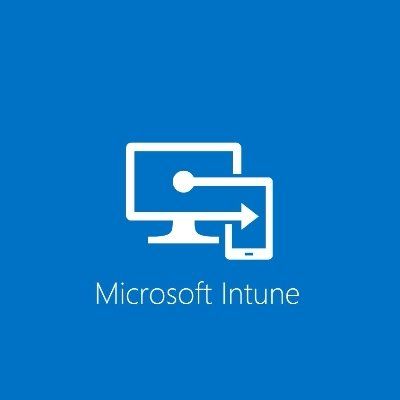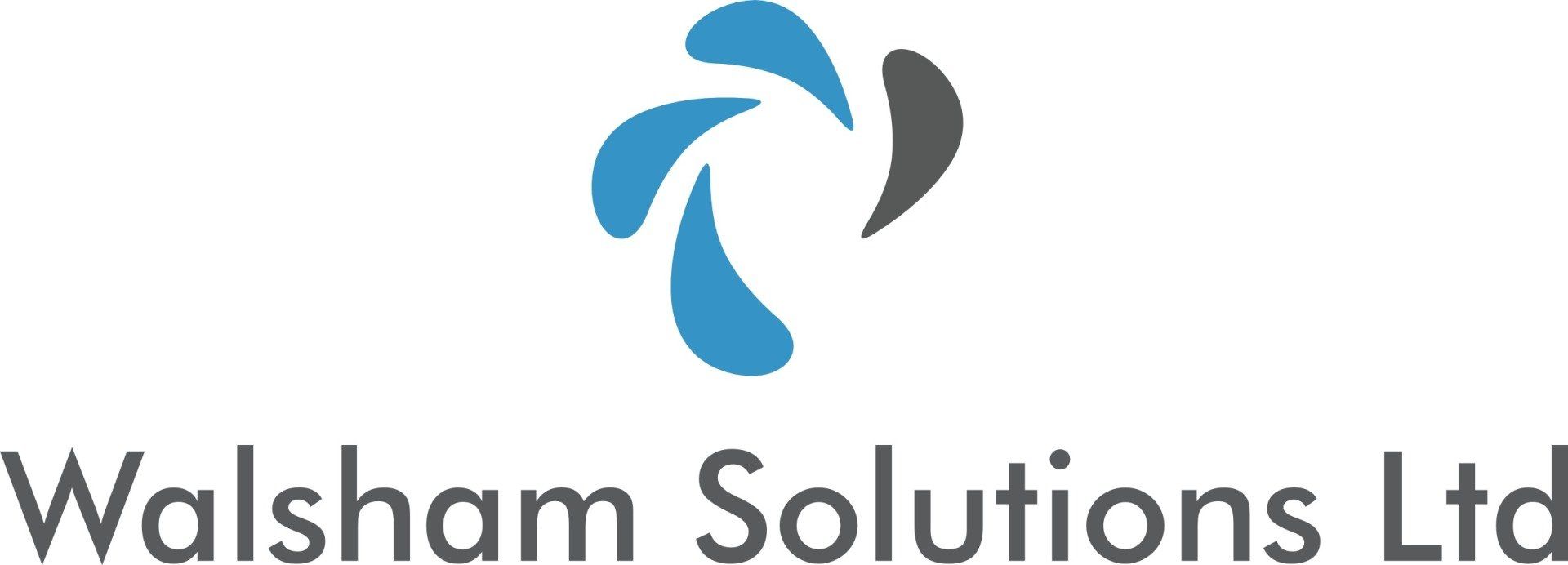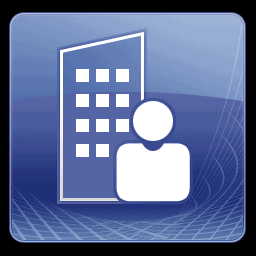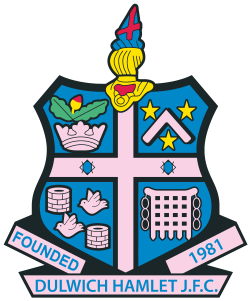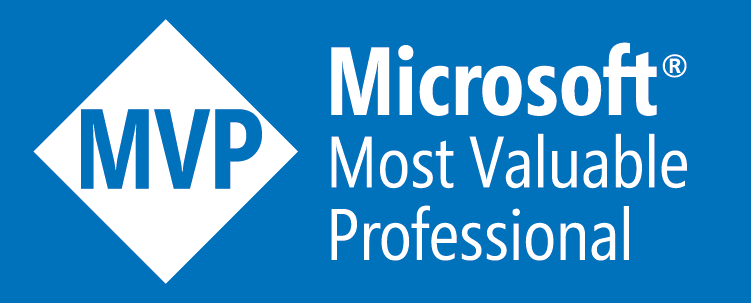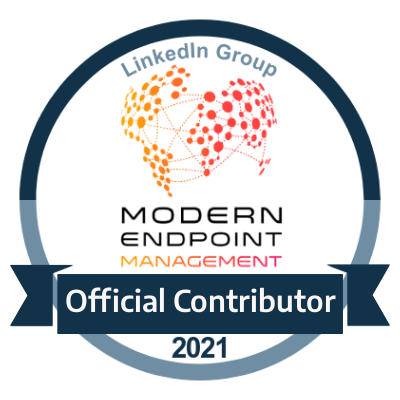Self-Motivation - How to Study for Exams (IT Industry)
During times of secondary school and college
studying is a tricky process to be motivated to study with many distractions,
which I admit I did succumb to many times.
But after I decided to understand more what I wanted to do career wise and what
I specifically wanted to learn and achieve, eventually would build the
motivation to thirst for that knowledge. Any passion in which you have that can
make you take time out of anything you would normally indulge in just to pick
up a book or research something.... that’s it! That's the self-motivation right
there!
Bigger Picture of the Exam Taking Strategy
Now the process for
studying exams in my perspective as well as other objectives were always looked
at as a bigger picture/long-term scenario. When I'm preparing and studying for
an exam I'm not looking to study to pass the exam, I'm looking to take control
of that technology/discipline completely until it becomes my specialisation.
Passing an exam is a great achievement.... but it's a short-term victory. If I
pass an exam such as the CCNA (Cisco Certified Network Associate) with little
experience in Cisco switches does that mean I know everything in networks? Will
it make a company just place me in charge of it or promote me in that direction?
Unfortunately, it will not
The bigger picture is going beyond just the requirements to pass the exam, the
knowledge complimented by you the passing of the exam should reflect the
direction you want to go in. If I'm looking to study for the CCNA (which I did)
then I'm looking to be a Cisco master, I'll have my own switches whether
physical or emulated, books, courses etc in order to be taken serious by anyone
on giving you a shot or going out there and giving yourself the shot, you have
to be packing an arsenal ready to go on the frontline.
Exams are the frame whilst the knowledge and the experience is the perfect
picture inside of it. I was told by a wise person many years ago “just
because you failed the exam doesn't mean you know nothing about the technology,
it just means you didn't get enough points to pass the exam”.
As difficult as this is to see it that way it is true. Again, an exam is the frame around the picture of knowledge and experience, exams have questions around real life scenarios as well as theoretical and as well as unrealistic. And as these exams have questions perhaps in areas you would never see or use in any scenario.... this is why you must look at the bigger picture of passing an exam. As not just exams but also interviewers with technical questions to see exactly what you know or how you would handle a technical scenario involving that same technology.
You can pass an exam and still know nothing if all you did was just study for the exam only or use any other means to get the exam out of the way just to have the privilege of the certification, and this is a short-term goal which never works. Just as the old saying goes "you may have won the battle but you have lost the war".
Plan of Attack for Exam Preparation
So here are the main points in how to have the best strategy towards studying for these exams.
Understand What Area to Focus On First Starting in IT
If you are first starting in IT then your brain should be fresh taking in knowledge and at this point you need to acquire a foundational background, or how I would put it as an "IT Generalist". 1st line support being most starting point job roles you will see different issues & requests cover all spectrums of technologies which some you may be familiar and to some which you have no clue and have to escalate.... this is the sweet spot 😀
So, starting point would be to work from the ground up, my case was the CompTIA A+ certification which focuses on the Hardware of a computer and also the OS role of a computer.
In order to push forward in any direction, the foundation must be there first and it’s a great introduction and opener to see how the computer hardware interacts with the OS layer, and will fit perfect in anyone first starting especially within any 1st line support role as well as taster of what the exam process is really all about.
Then Operating Systems would be the next place to start being an MCP for Windows 10 and MCP in Windows Server 2012.
(Go for Latest technology or current?: Now perhaps you might see this and think well Windows Server 2016 is out why not go for this as it’s the latest one and this is true, but I faced this same question back when I started when Windows Server 2003 was really the main OS but Windows Server 2008 was just starting to get rolled out. Typically, you want to go for the exam based around the OS which is most commonly used, as very little would have migrated to anything just released and It allows you to have a foundational checkpoint, so when you do decide to study for an exam such as Windows Server 2016, you would have had a base knowledge understanding from its previous versions. )
Aim for an MCSE certification and throw in one specialist area which you specifically are interested in... this gives you a personality in terms of specialization and can create initiative in something which you can bring to the table.
Already a Specialist++
If you are specialist in a
certain area, then you would need to pick the next exam very wisely and assess
the relevance within the industry as well as your own skillset. In this case it
would focus more on maintaining that skill set with an exam which would either
be the latest version or an exam which focuses on a technology in conjunction
to which you are a specialist in.
The best materials
I will also have a separate blog in this subject which dives into comparisons of different study materials, but in a categorized manor you want ideally three points of attack which are;
- One that covers the exam requirements
- Materials which cover the exam objectives
are good for zoned in focus on the exams to pass as they are geared in the most
likely based questions to appear so to satisfy this goal you will need this.
- One that covers the technology and beyond
- These materials cover everything from the
ground up and perceived as an "overkill" for an exam focus and this
is what you need. Study materials which are aimed at an exam objective won't
cover a foundational understanding of the technology you wish to take the exam
for, and could possibly give you a regurgitation of information just for an
exam purpose. This is where the power of passing an exam can diminish, as if
you are wanting to specialise or conquer a technology you need to understand it
in a fuller sense such as older versions, components, roles it plays as well as
the enhancements in each release etc. I would not expect someone to read the
entire book as they can be massive! But I would cross reference with any
materials that focuses on exam requirements with this material to cover all
basis. As some questions in exams are never fully covered in exam focused
materials which is why it requires a certain amount of years of experience with
it because they would ideally had been enough time lapsed for you to had seen
those scenarios.
Practice Questions - You need to have some sparring sessions during studying. Some materials contain some questions after each chapter, just before you get into them to test the level you are at or after the material is finished. I used to use Transcender over many years and served me well in exam exercise.
Suitable Lab
I will also have a blog on this subject as well, but will keep this in perspective to an exam studying purpose.
Ideally you want to create a couple of Virtual Machines, with one being a Domain Controller as this will serve better in the future when wanting to expand. Get used to even creating from scratch whilst studying as this will build the anticipation of wanting to get your hands on it. Create some checkpoints on it to have some crash and bang moments. There is nothing better than practicing what you are studying and will give a visual & technical understanding all round.
Studying & work balance
Have portable versions of your study materials so you can get a good glimpse of it whether on break or travelling. In fact, if you are working in an environment in which you are using the same technology which you are studying this is even better and goes back to the point earlier of selecting the correct exam/technology to conquer. This is where you will obtain real scenarios which will contribute towards first-hand knowledge which will give you a deeper understanding when reading through the materials you have.
Are you ready!?
After all of the studying and creating the environment to have yourself prepared, the hardest part is actually booking the exam. Reason being is because it's the most definitive moment that you have to be ready, and can also be the moment where you back out and second guess if you’re ready or if it's even worth it....and this goes back to my previous blog about investing in yourself.... just book it!
No better way to jump start the adrenaline than creating an expectation and deadline for yourself. It's now or never.
You can give yourself ample time to book it but I personally book in 4 weeks
time. You want some form of pressure to kick start you and the exam practice
spar sessions start to take place. Get into a habit of attacking questions on
the exam objectives as well as ones completely out of scope. And if you find
you are weak or need to brush up on a certain area then go back and review the
game tapes as you don't want this to happen at the exam.
One rule I will say is extremely important which touches on earlier points and
that rule is.... if you’re studying and come across the same question that you
got wrong and you remember the answer just because of memory...stop! This shows
a lack of understanding as to why your answer to the question was wrong and why
the correct answer is right and this is why you need to review. There is
nothing wrong in looking at the answer if you are wrong....do not know or are
genuinely convinced that you have picked the right answer (I know I have). As
researching why your answer is wrong gives a better understanding also.
On the Day
Get your last little bits
in of sparring to build endurance for your exam and get in the last brush ups ,
as when you click the begin button on the exam (after 10 minutes of surveys)
you will have nowhere else to go.
You will have ample time for your exam. The best way to attack the exam is go through all the questions in three waves
- First Wave: Go through the exam questions and
answer them
- If any
you are unsure of...and when I say unsure, even if you know it's the answer and
second guess yourself you Mark it to be
reviewed
. Also, if you have a notepad that you were given in the exam, mark
down the ones you know you got right in tally format. You do the same for ones
you feel you got wrong....and these are all of the ones you marked to be
reviewed. Though it's not scored on how many questions you got right but points
based on the answers you gave...make a habit of counting by questions as it
will give you a good estimation of if you think you have passed or not.
- Second Wave: Go through your marked as review
questions -
Go
through them thoroughly...and when you stick with an answer then take the
review tick off. If you feel you have picked the right answer then mark it on
your tally of right answers. If you are still unsure then take the mark as
reviewed off and mark down in the tally of wrong answers.
- Third Wave
: Final
Final Check
– You might have a few minutes left so go through every single
question you have answered and make sure you understand your choices. If you
are happy with it then you can end the exam. (NOTE: When you do this it's
final)
Once the exam is complete you'll get the list of exam questions you had with an
option to go through them again. Once this is complete you will get a little
pause in between. You may or may not get a survey after but once you click end
you will then know if you had passed or not.
Here is a method I do for this which sounds childish but it really makes all
the difference 😀 if you
have the notepad or not use your hand to cover your vision then click the end
button. Most likely you are covering the one liner which tells you whether you have
passed or not. Whilst this is covered imagine the scenarios of both but in fact
focus more on it saying you haven't passed as it cushions the blow more. Once
done, slightly uncover the vision from the left to right slowly and look.
If you passed the exam then great! keep pushing on that technology and
advancing. If you failed, then review the games tapes and give it another shot.
Remember it doesn't mean you know nothing just means you didn't pass the exam
and you shouldn't let it define your technical knowledge as it happens to the
best of us.
Best advice I can give is to never rush rebooking an exam. Though many say its best to rebook whilst the knowledge is still fresh in your head and this is where I say that’s an incorrect way of thinking, because why should the knowledge leave your head if you have studied and even more have experience and knowledge in it anyway? What you need to do is look at the printed exam results and analyse the area in which you were weakest at as well as remembering the questions which you had trouble with.
In order to bounce back from a loss or failure of any sort you need to accept the situation with no excuses, otherwise that loss will hold you back, cloud judgement and will have you returning to do the same task and fail even worse. Only accepting the situation allows you to move on to work on what went wrong now once you have done that…..don’t succeed try and try again.
